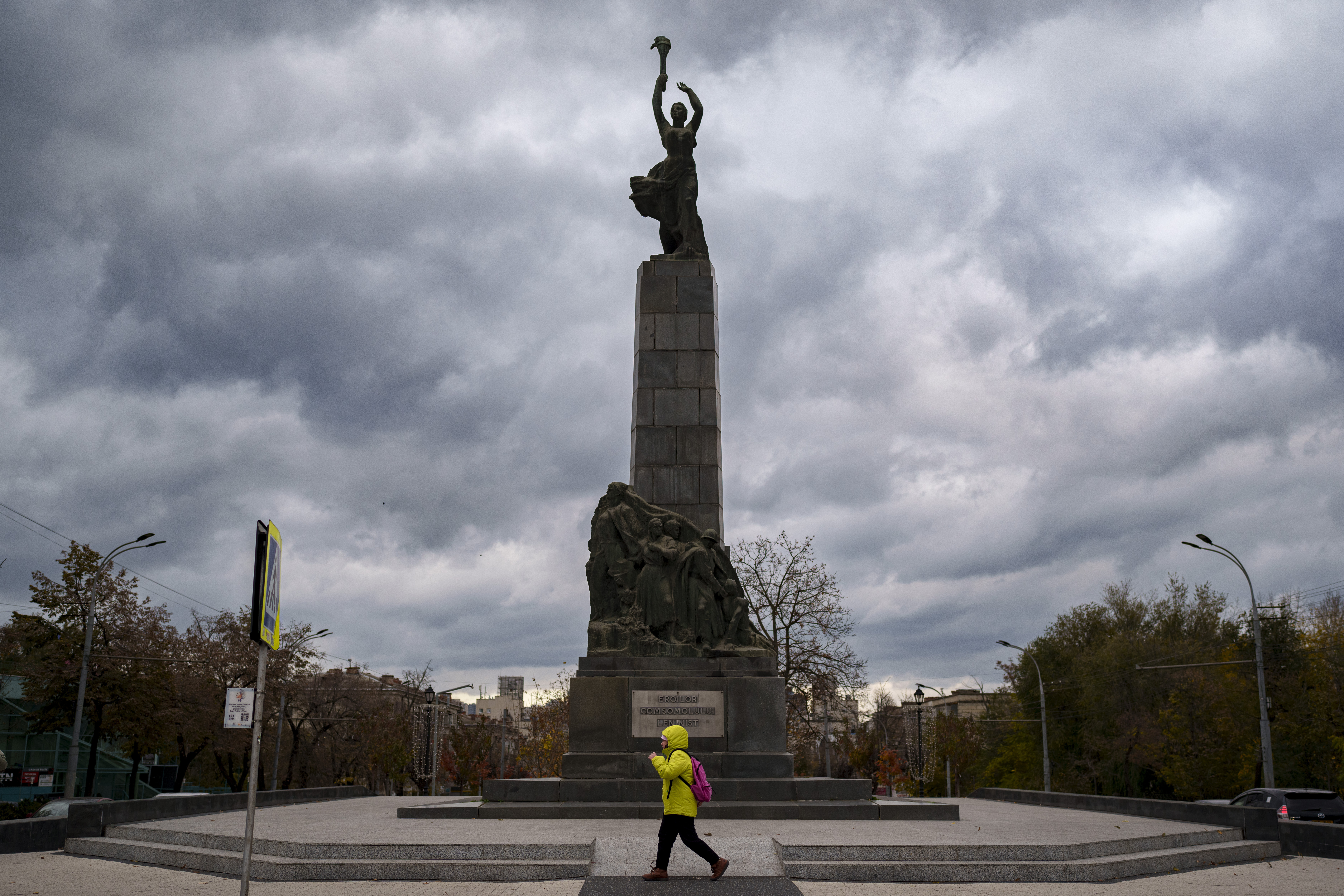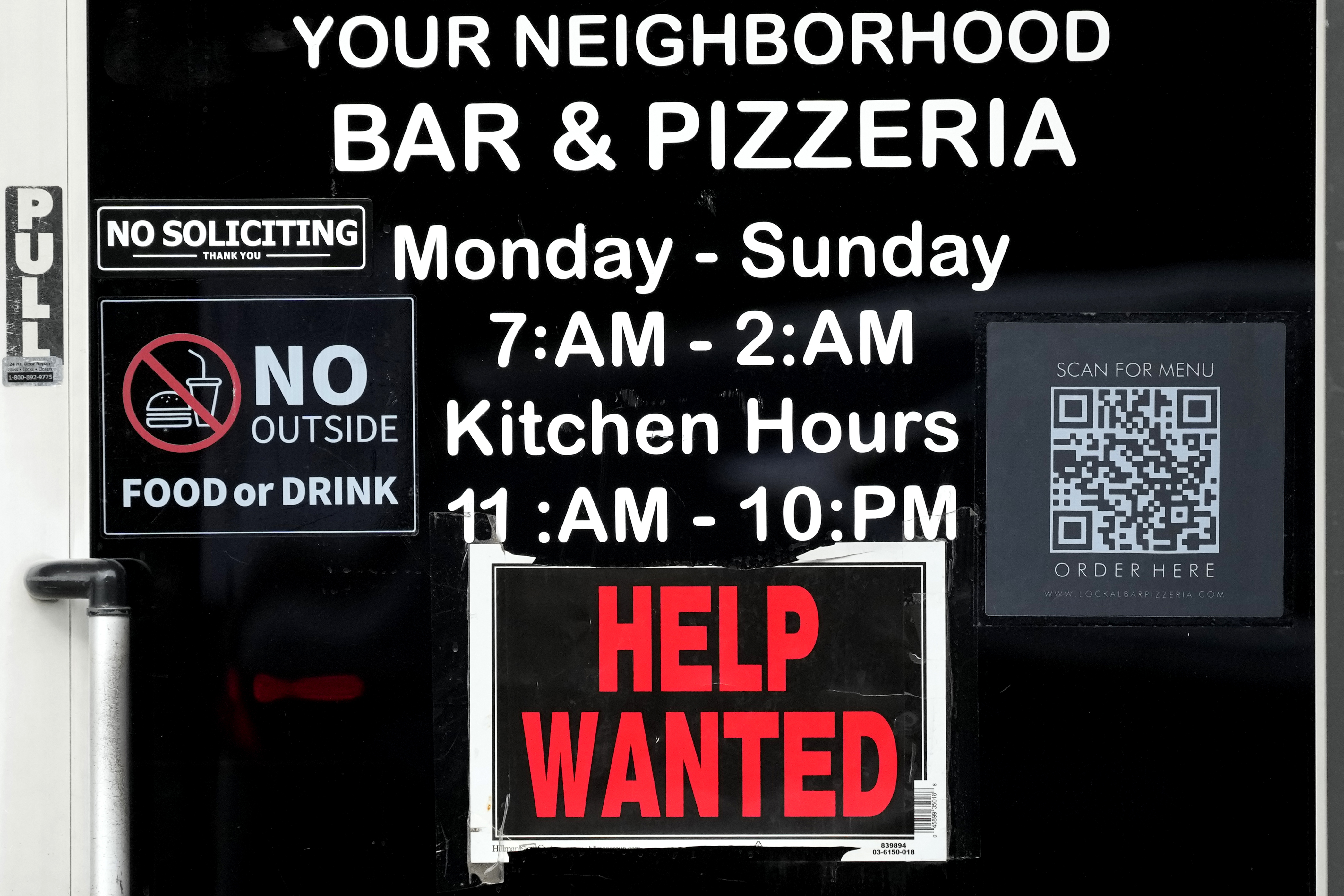NORFOLK, Va. (WAVY) — At the age of 21, Mary Crutchfield didn’t know why she couldn’t get out of bed and just wanted to sleep all the time. She only knew she didn’t want to feel that way anymore.
“It wasn’t sadness, it wasn’t me crying, it wasn’t me getting emotional, but I had a lot of suicidal ideation and I was tired,” she said.
Now a psychiatric nurse, Crutchfield credits another nurse with saving her life.
“She leaned over and put her hands on my knees and she said, ‘I want you to look me in the eyes and I want you to know that this is called depression and it’s treatable.'”
The number of suicides in the U.S. has skyrocketed in the last two years. The CDC reports 48,183 people took their own lives in 2021, up 5% from the year before. In 2022, 49,449 died by suicide, an increase of 2.6%.
Dr. David Spiegel, Chair of the Department of Psychiatry at EVMS said the pandemic is one possible reason for the increase in suicides.
“I think the pandemic did one of two things. On one hand, it isolated us from other people, but at the same token our families we actually got to spend even more time with and now we don’t have the same support level,” he said.
Experts explain, it’s similar to what happens at the holidays. Suicide rates tend to go up just after Christmas, once family and friends leave and it’s back to life by ourselves again.
Social isolation is why older people, in general, are at higher risk for suicide.
Dr. Spiegel said, “You are losing family, you are losing friends, you are losing employment
so you are a lot more by yourself.”
Social media, the doctor said, is why teens are increasingly at higher risk. Cyberbullying and body image issues are driving many mental health disorders.
“People with less support, less coping skills, tend to commit suicide more impulsively because they tend to think there is no way out,” he told WAVY.
So how do we protect those at risk? First, know the warning signs.
People who are contemplating suicide may talk about:
- Wanting to die
- Being a burden
They may feel:
- Hopeless
- Trapped
They may also act differently:
- More alcohol or drug use
- Giving things away
- Making a will or saying goodbye to friends
- Anxious/nervous
- Sleeping too much or not at all
“We can really prevent a lot of what’s happening to people emotionally if we reach out as a community,” Crutchfield said,
If you’re concerned about what you notice, she recommends beginning a conversation with the person like this: “Hey, I’ve noticed that you’re really distracted lately, I’ve really missed seeing you. Is there something going on that you want to share with me?”
If you know a loved one has depression Dr. Spiegel recommends writing out a crisis intervention plan they can carry on their phone or in their wallet.
It should include:
1) Warning signs for suicide
2) Emergency numbers: Including 988 for the National Suicide and Crisis Lifeline,
3) What not to do: alcohol and drugs,
4) What to do: lock up weapons and pills.
“So this way just make it a little bit harder for someone who all of a sudden on impulse wants to harm themselves,” Dr. Spiegel said.
Often that’s what it takes to save a life and put a person, like Crutchfield, on the path to recovery. “It’s kind of incredible that you can have the power as a human being and not even really know it.”
Support, Dr. Spiegel stressed, is the most important deterrent for suicide. Having a good counselor or doctor is helpful, but so is group therapy and 12-step programs for those battling substance abuse.
Each city in Hampton Roads has a Community Services board that can help if you have no insurance or are under insured.
Many providers and support groups will also be on-hand at several Out Of Darkness communities walks on the Southside and Peninsula beginning this Saturday, September 9 at Mt. Trashmore in Virginia Beach.
























































